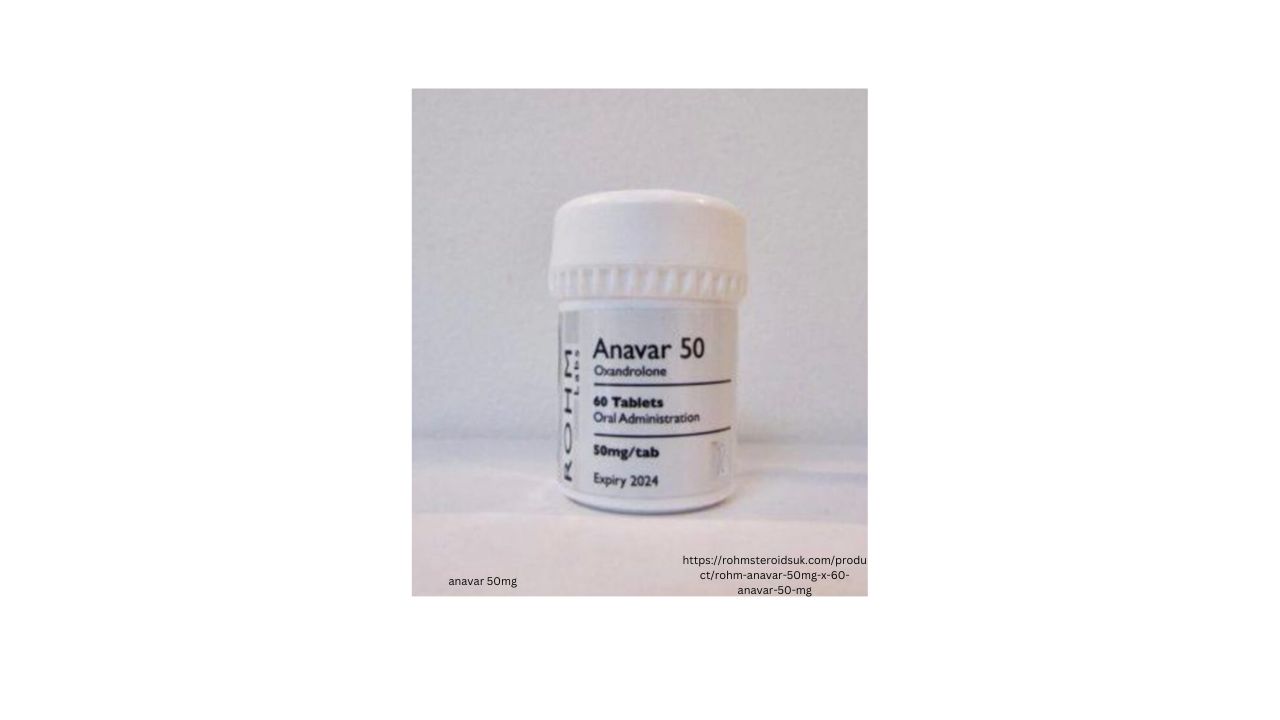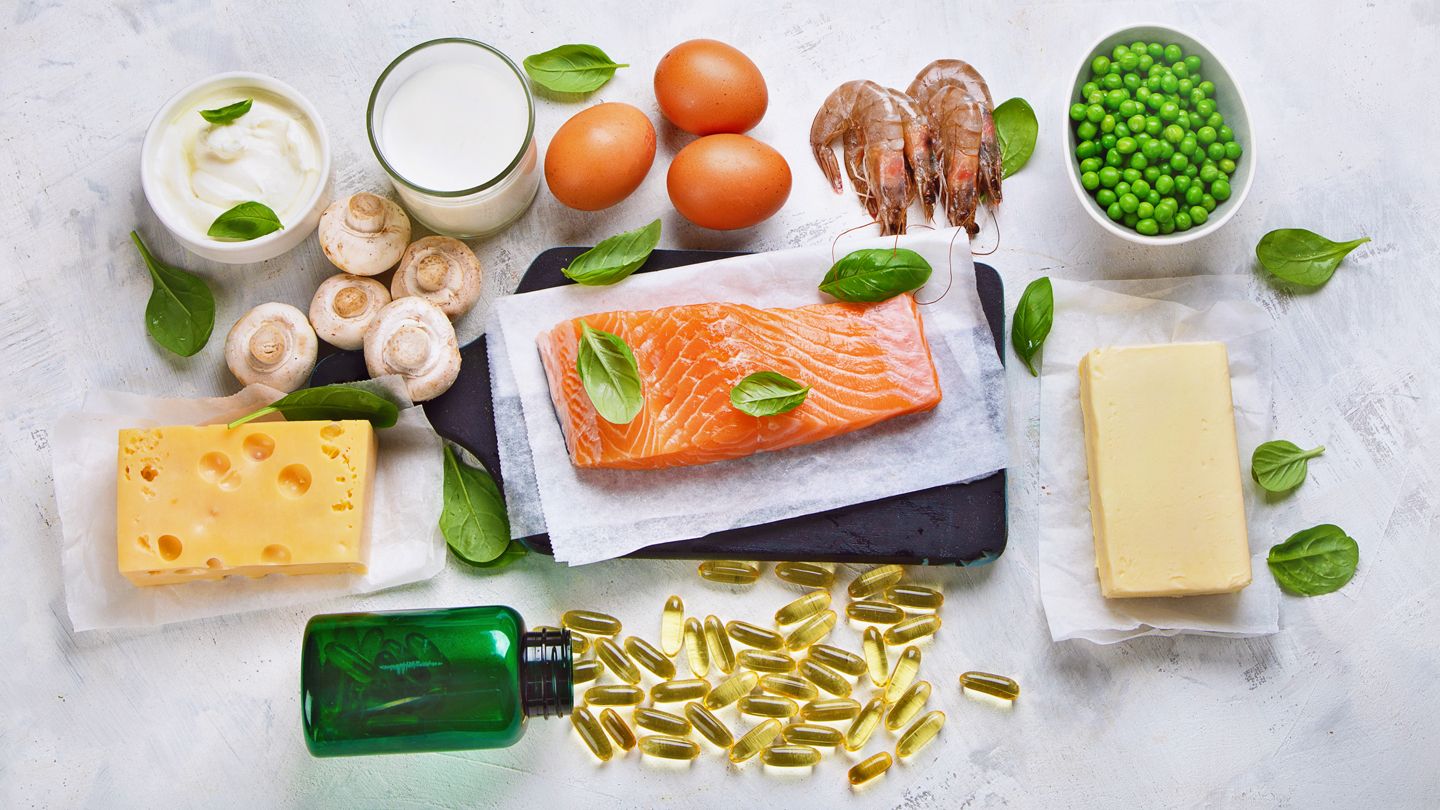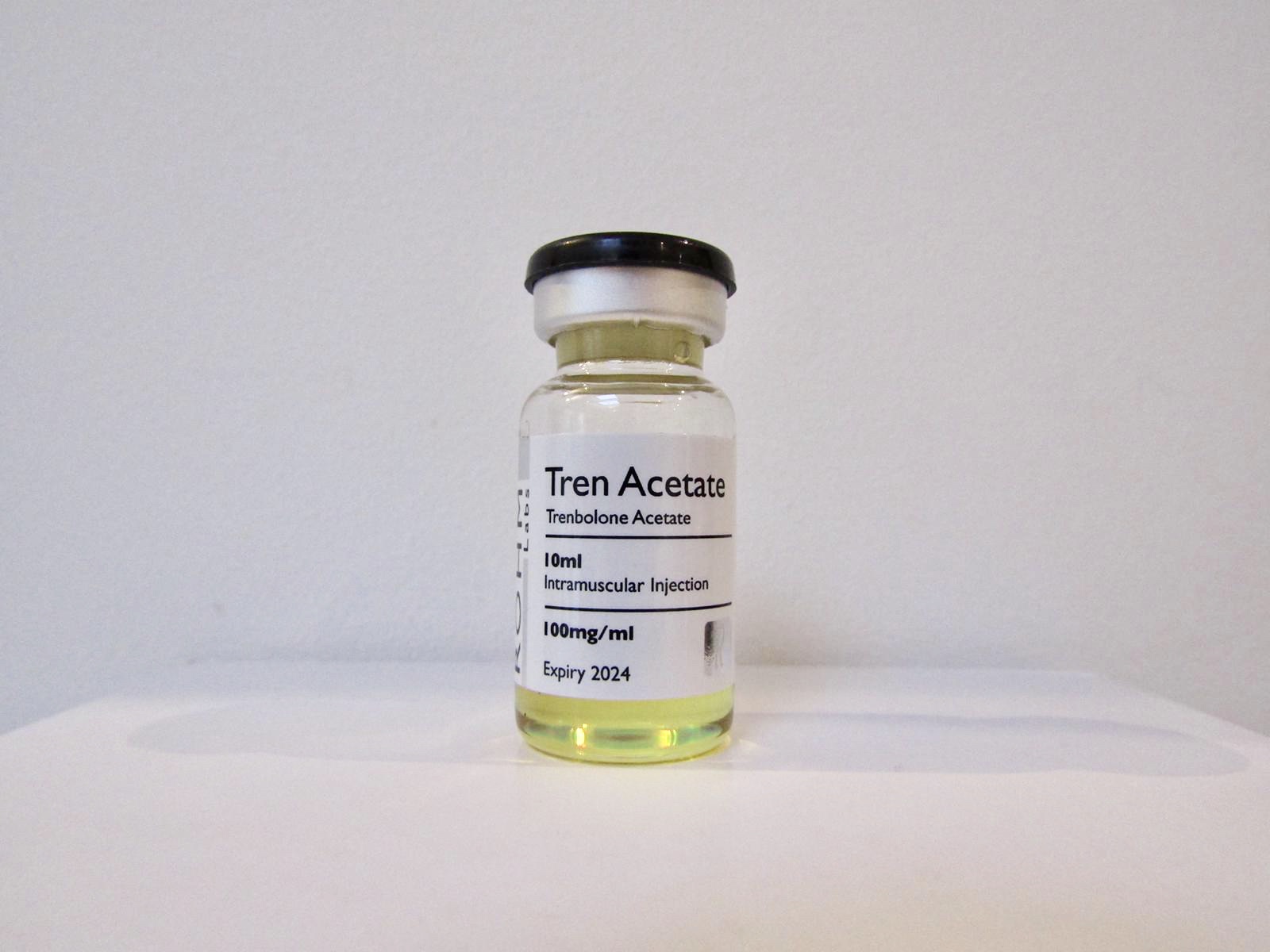Introduction
Hyperglycemia, characterized by elevated blood sugar levels, is a critical concern for individuals living with diabetes. Managing hyperglycemia effectively is not only essential for diabetes management but also plays a pivotal role in improving overall health and reducing the risk of complications. In this comprehensive guide, we will delve into a range of strategies and approaches to rapidly reduce hyperglycemia and enhance your well-being.
Understanding Hyperglycemia
Hyperglycemia occurs when the concentration of glucose (sugar) in the bloodstream is higher than normal. This condition is primarily associated with diabetes, both type 1 and type 2. In individuals with diabetes, the body either does not produce enough insulin (type 1) or becomes resistant to insulin’s effects (type 2). As a result, glucose cannot enter cells for energy, leading to elevated blood sugar levels.
Importance of Rapid Hyperglycemia Reduction
Managing hyperglycemia promptly is crucial for several reasons:
- Preventing Complications: Prolonged hyperglycemia can damage blood vessels, nerves, and organs, increasing the risk of heart disease, kidney problems, neuropathy, and more.
- Enhancing Well-being: Lowering blood sugar levels can lead to increased energy, improved mood, and an overall sense of well-being.
- Maintaining Glycemic Control: Consistently high blood sugar levels make it challenging to achieve and maintain optimal glycemic control, a key goal in diabetes management.
Lifestyle Modifications
Dietary Changes
A well-balanced diet is fundamental to managing hyperglycemia. Consider these dietary strategies:
- Carbohydrate Management: Monitor and control carbohydrate intake to prevent blood sugar spikes. Opt for complex carbohydrates and fiber-rich foods.
- Portion Control: Be mindful of portion sizes to avoid overeating. Smaller, more frequent meals can help stabilize blood sugar.
- Glycemic Index Awareness: Choose foods with a lower glycemic index (GI) to prevent rapid blood sugar fluctuations.
Regular Physical Activity
Exercise is a potent tool for managing hyperglycemia:
- Aerobic Exercise: Engage in aerobic activities like brisk walking, jogging, or cycling to improve insulin sensitivity and lower blood sugar levels.
- Strength Training: Building muscle through strength training exercises can enhance glucose uptake by cells.
Stress Management
Chronic stress can contribute to elevated blood sugar levels:
- Relaxation Techniques: Practice meditation, deep breathing, or yoga to reduce stress and cortisol levels.
- Time Management: Effective time management can help reduce daily stressors.
Medications and Insulin
Oral Medications
In some cases, oral medications are prescribed to lower blood sugar levels:
- Metformin: This common medication improves insulin sensitivity and reduces glucose production in the liver.
- Sulfonylureas: They stimulate insulin secretion by the pancreas.
Insulin Therapy
People with type 1 diabetes and some with type 2 diabetes require insulin therapy:
- Basal Insulin: Provides a steady release of insulin to maintain fasting blood sugar levels.
- Bolus Insulin: Administered before meals to control post-meal blood sugar spikes.
Continuous Glucose Monitoring (CGM) Systems
Role of CGM Systems
Continuous Glucose Monitoring (CGM) systems play a pivotal role in hyperglycemia management. These devices provide real-time data on glucose levels, allowing for precise adjustments in treatment plans. Freestyle Libre 3 is one of the most popular devices among them. You can consider the Freestyle Libre 3 sensor buy online, considering its importance. Along with the sensor, you can also pay attention to the Freestyle Libre 3 reader buy online for a better display. To protect your sensor CGM patches are remarkable products to buy.
Benefits of Freestyle Libre 3 Sensor
The Freestyle Libre 3 sensor offers several advantages:
- Convenience: It eliminates the need for frequent fingerstick tests, reducing discomfort.
- Data Accessibility: Users can easily access glucose data on smartphones or dedicated readers.
- Trend Analysis: The sensor provides insights into glucose trends, helping individuals make informed decisions about insulin dosing and dietary choices.
Hydration and Hyperglycemia
Staying well-hydrated is essential for blood sugar control. Dehydration can lead to higher blood sugar levels, so be sure to drink an adequate amount of water throughout the day.
Sleep and Blood Sugar Control
Quality sleep is often overlooked but critical for managing hyperglycemia. Aim for 7-9 hours of uninterrupted sleep each night to help regulate blood sugar.
Regular Monitoring and Testing
Frequent monitoring of blood sugar levels is vital. Utilize CGM systems, glucometers, or other testing methods as recommended by your healthcare provider.
Seeking Professional Guidance
Finally, it’s essential to work closely with healthcare professionals, including endocrinologists and certified diabetes educators. They can provide personalized guidance, medication adjustments, and support to help you effectively manage hyperglycemia.
Conclusion
In conclusion, rapidly reducing hyperglycemia is paramount for enhancing health and mitigating the risks associated with diabetes. By implementing lifestyle modifications, understanding the role of medications and insulin therapy, and leveraging innovative tools like CGM systems such as the Freestyle Libre 3 sensor, individuals can take proactive steps toward achieving optimal blood sugar control and improving their overall well-being. Remember, effective hyperglycemia management is a multifaceted journey that requires dedication and collaboration with healthcare experts, but the rewards in terms of health and vitality are well worth the effort.




